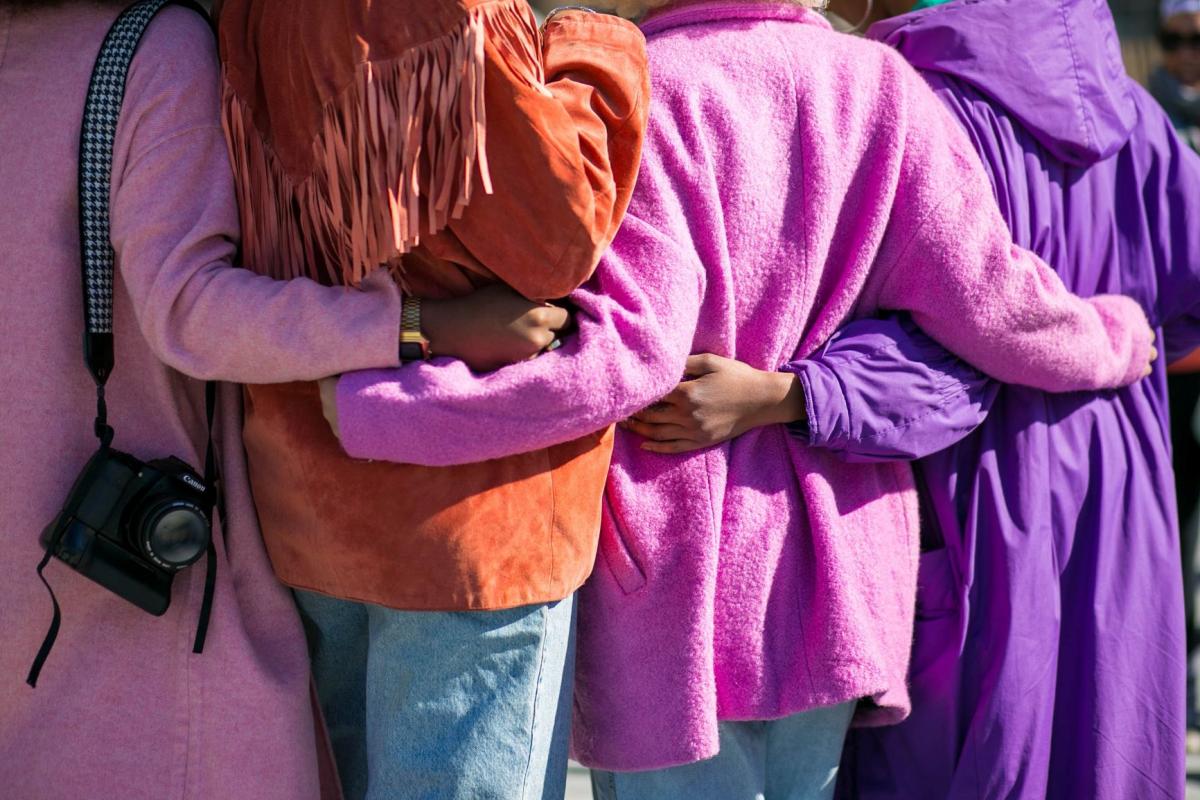
An exchange is bound to change us. But, we often struggle to pinpoint what in particular made us different and how. If you want to know how learning about different cultures during your exchange helped you grow as a person, keep reading!
You might wonder how tasting pierogi in Poland, learning Italian gestures, getting used to a different bureaucracy system in Spain or learning about Manneken Pis in Belgium affected your personality. We in ESN International have looked into the results of our projects, surveys and testimonials of international students and are excited to share with you what we have found out!
Intercultural communication
In an ever more interconnected world, the ability to establish positive interactions with people of different cultural backgrounds is crucial. Effective communication and appropriate behaviour within diverse teams are keys to success in many jobs.
By experiencing different cultures during the exchange, we increase our intercultural sensitivity. In a nutshell, this means that there are fewer chances the behaviour we believe is normal might actually be considered offensive elsewhere. If you are having a meeting, a Portuguese will probably be comfortable with you showing up 15 minutes after the arranged time since they are probably late, too. But, you might want to avoid keeping a German waiting.
These claims might seem paradoxical to an attentive reader. How come we say we became more culturally sensitive and then we generalise based on nationality and seem to perpetuate stereotypes?
Culture is, simply put, the way of life of a community. There are different kinds of communities, from a family to an urban, national, European and global community. The members of a community are not necessarily connected geographically, e.g. the LGBTQI community. What is a constituting element of a community is that its members share the way they live. A specific way of life is guided by common values and ideas that translate into tacit norms of behaviour we pass on from generation to generation.
When we say a Portuguese will probably be late, and a German punctual, we refer to their relationship to the concept of time rooted deeply in the subconscious in these two communities. They see the concept of time differently and therefore value punctuality differently. This kind of knowledge is the key difference between having a stereotype and being culturally aware, which increases the effectiveness of communication. It can be as simple as understanding different gestures to far more complex forms of meta-communication.

Adaptability
During an exchange, we are faced with numerous unexpected challenges. The new environment in which we find ourselves might lead to a cultural shock and prompt us to adapt quickly to unfamiliar circumstances.
Nowadays, employers increasingly seek to attract learners who easily adapt and are able to apply and transfer their skills and knowledge to new contexts. Work readiness in an interconnected world requires young people to understand the complex dynamics of globalisation, be open to people from different cultural backgrounds, build trust in diverse teams and demonstrate respect for others.
Additionally, living in a new country poses a number of practical, day-to-day issues. We have most probably all encountered bureaucracies and very much different from the ones we are used to, alongside institutional procedures, transportation systems, housing regulations, etc. These unfamiliar conditions required learning on the feet and rapid adapting. Ultimately, one is sure to become a more independent and solution-oriented individual with enhanced problem-solving skills.
Empathy
By experiencing a different culture, learning about it and constructively approaching the challenges we discussed previously, one is likely to become more empathetic. The capacity to understand the perspective of another person is necessary for both professional and personal relationships. More importantly, the ability to recognise and appreciate different cultural mindsets and world views is crucial to living peacefully in any community, accepting differences, finding common solutions and resolving disagreements.
Consequently, the deepened understanding of cultural diversity leads to improved critical thinking. Challenging cultural biases and stereotypes can prompt us to question our own image of self as well as those coming from a different cultural background. Decoding which attitudes and behaviours are culturally conditioned will help us to better understand ourselves, the people around us and encourage us to be effective members of society.

Importance of cultural awareness and expression
Today’s students live in an interconnected, diverse and rapidly changing world. It is important for young people to learn how to participate in a more interconnected world, and moreover, appreciate and benefit from cultural differences. Our society calls for complex forms of belonging and citizenship where individuals must interact with distant regions, people and ideas while also deepening their understanding of their local environment and the diversity within their own communities.
By appreciating and constructively resolving the differences in the communities to which they belong, young people can become more capable individuals that truly live unity in diversity in their city, country, Europe and the world.
Written by Angela Russo
Angela was in the ESN office in Brussels from April 2019 to March 2020 as part of the European Solidarity Corps, an EU-funded programme for young people.

